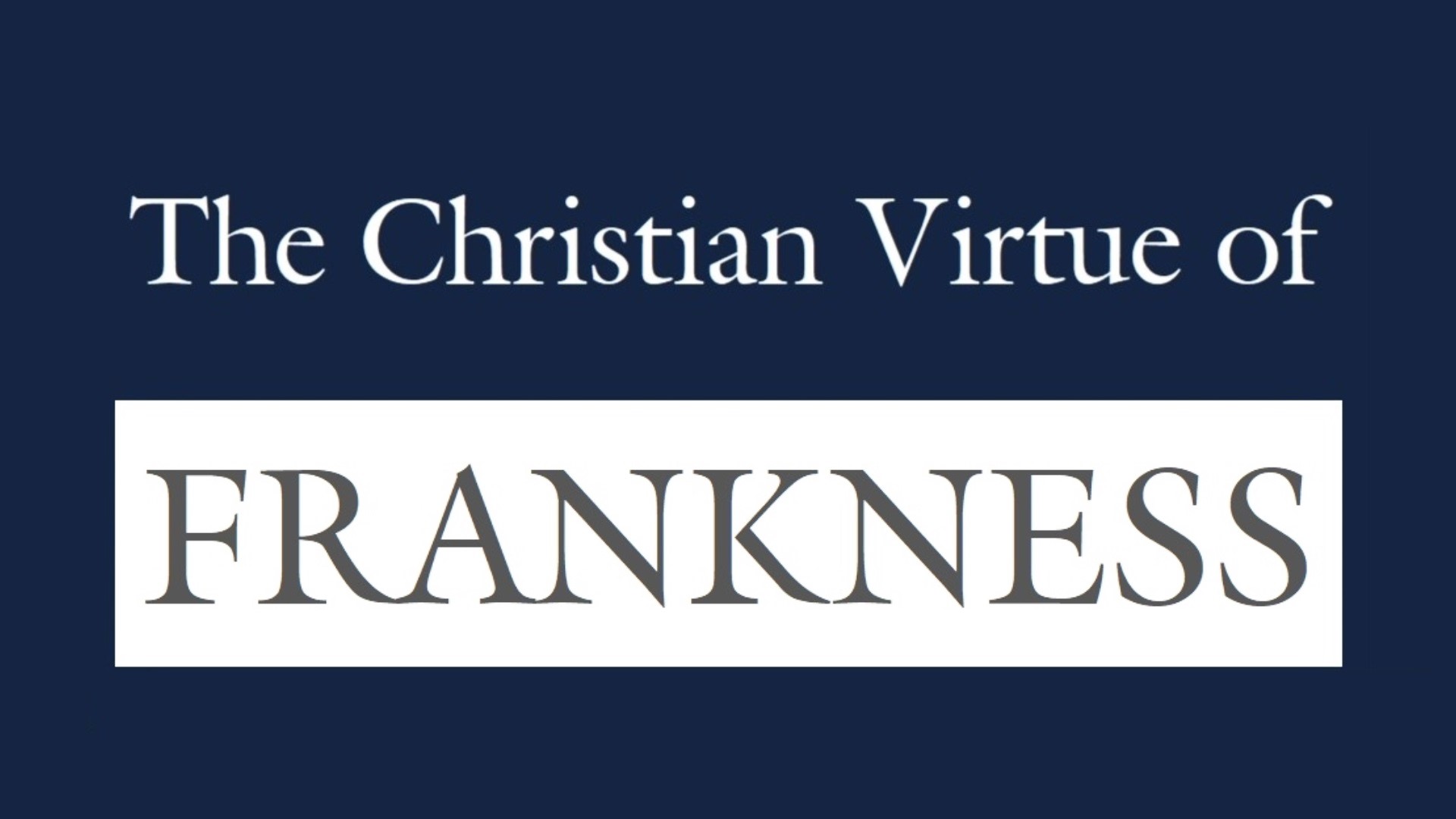After his brothers had gone up to the feast, then he also went up, not publicly but in private. 11 The Jews were looking for him at the feast, and saying, “Where is he?” 12 And there was much muttering about him among the people. While some said, “He is a good man,” others said, “No, he is leading the people astray.” 13 Yet for fear of the Jews no one spoke openly of him.”
Guess what time it is, kiddies? It’s ‘Greek Word Study’ time! “YAY! Thank you SO much, Gene!” (You’re welcome.)
In verse 13, we see the silencing of free speech because of fear or intimidation. Of particular note is the Greek word translated “openly” – “for fear of the Jews no one spoke openly” about Jesus (especially not in His defense).
The word (parresia) refers to the use of “speech that conceals nothing.” We call this ‘candid’ speech, speaking with ‘frankness’ or ‘plainness.’ It means to speak out with confidence and without fear.
In the Greco-Roman world, parresia was seen as the mark of being a free person. Slaves were not free to speak their minds; only citizens were. Tyranny, they believed, deprived one of freedom to speak.
As it turns out, ‘frankness’ or ‘speaking candidly’ (parresia) is an important Christian virtue in the New Testament. It is often translated ‘bold,’ ‘boldness’ or ‘courage.’
With this in mind, consider the following questions.
- Look at these verses/passages which include the word parresia: Acts 4:8-13 (translated ‘boldness’ in 4:13); 2 Corinthians 3:12; and Philippians 1:12-14, 20-21 (translated ‘bold’ in 1:14 and ‘courage’ in 1:20 – it’s the same Greek word). Considering these verses, (1) why was it important for these Christians to speak out so frankly? (2) What was the result of their clear, honest speech? (3) What would have happened had they not spoken out candidly and with courage? (4) What can we learn for our own lives as witnesses for Jesus from these passages?
- Fear tends to silence open speech (John 7:13). Do you find this to be true today? Where do you see it? Are Christians too driven to silence by fear? Fear of what? What did Jesus say about being afraid (John 6:20, 14:27; Matthew 10:26, 28, 31)? What does the silencing of believers mean for the lost among us? Who ultimately is behind this silencing?
- Is persecution an excuse for failing to speak the truth about Jesus candidly? What if doing so may cause us to suffer or be treated shamefully? (See 1 Thes. 2:2 for Paul’s answer!)
- What does Jesus expect from His followers? Consider Matthew 28:19-20,Luke 6:46, John 14:21-24, Acts 1:8-9.
- Notice Peter’s prayer in Acts 4:29. What did he pray for? Why did he feel it was so important to pray for this? How was his prayer answered in 4:31 (same word in both vss.)?
- Frankness, though, can be offensive to some people. It may come across as rude or abrasive. But the Christian virtue of ‘frankness; is NOT rudeness! What four-letter word can Christians use to guard against this? (See Eph. 4:15 for Paul’s answer! Look at 1 Cor. 13:1 & 1 Peter 3:15 as well.)
- What does ‘speaking the truth in love’ look like to you? What does truth without love look like? How about love without truth? Why are both of these elements so vital when speaking about Jesus?
- Is it a sin to lack parresia? Discuss your answer candidly and with confidence, but without hitting one another.

